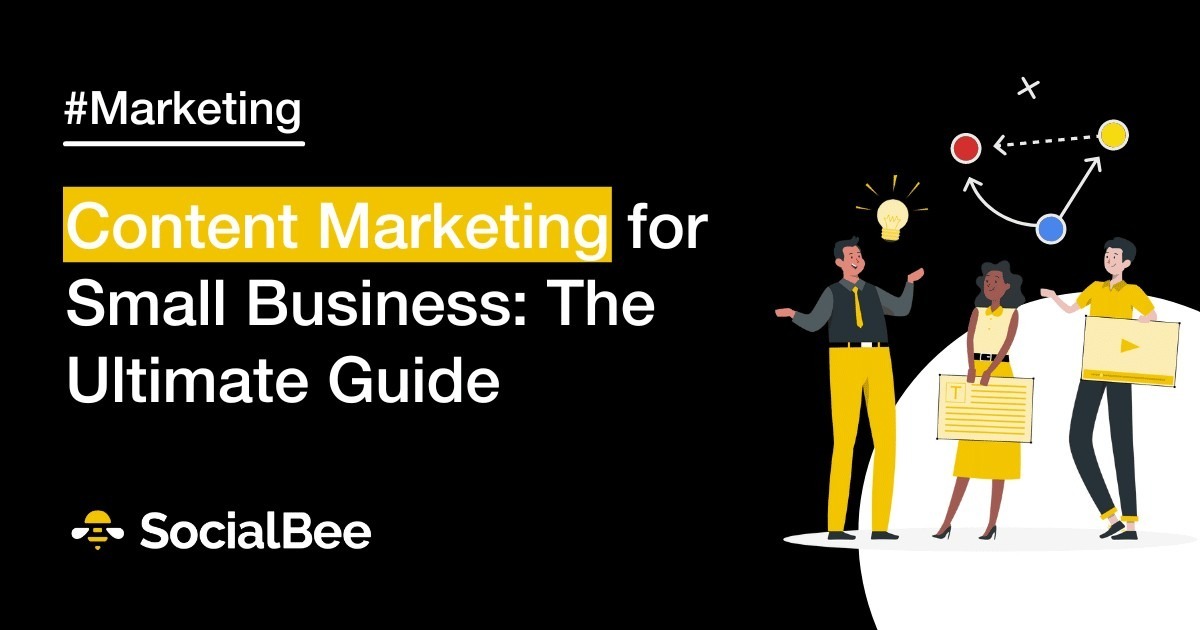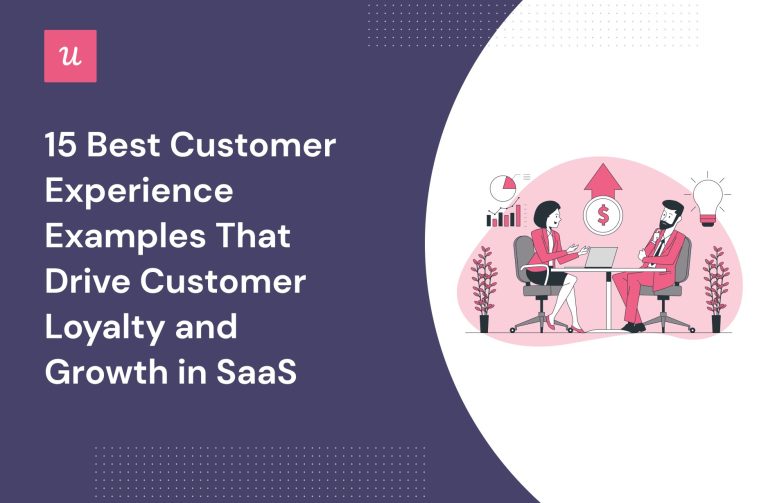Content Marketing for Small Businesses
In today’s crowded digital marketplace, where consumers are constantly bombarded with advertisements and sales pitches, standing out as a small business can feel like an uphill battle. Traditional marketing often demands significant budgets, a luxury many nascent ventures simply don’t possess. This is precisely where **content marketing** emerges not just as an option, but as an indispensable, cost-effective, and profoundly impactful strategy for small businesses aiming to build brand awareness, establish authority, engage their target audience, and ultimately drive sustainable growth. Content marketing, at its core, is about creating and distributing valuable, relevant, and consistent content to attract and retain a clearly defined audience, ultimately driving profitable customer action.
The fundamental premise of content marketing for small businesses is to **provide value before asking for a sale**. Instead of directly promoting products or services, you offer helpful information, insightful advice, or engaging entertainment that resonates with your target customers’ needs, questions, and pain points. Consider a local bakery in Berlin. Instead of just posting about daily specials, they could create a blog post titled “5 Tips for Baking the Perfect Sourdough at Home,” or a video tutorial on “Decorating Cupcakes Like a Pro.” This type of content doesn’t directly sell bread or cupcakes, but it positions the bakery as a knowledgeable, helpful resource within the community. When a reader or viewer eventually needs to buy bread or a custom cake, that bakery will be top of mind because they’ve already provided value and built trust. This strategy fosters a relationship, moving away from interruptive advertising towards a more attractive, permission-based approach.
One of the most significant benefits of a well-executed content marketing strategy for small businesses is **enhanced search engine visibility and organic traffic**. When you consistently create high-quality content that answers common customer questions or addresses their interests, search engines like Google recognize your website as a valuable resource. For instance, a small plumbing business might write blog posts about “How to Fix a Leaky Faucet” or “Understanding Your Home’s Water Pressure.” Over time, these articles will rank higher in search results for relevant queries, driving organic traffic—potential customers who are actively looking for solutions that your business might provide. This organic traffic is incredibly valuable because it’s targeted, cost-effective (no per-click advertising fees), and often indicates strong purchase intent. It builds a long-term asset that continues to generate leads long after the content is published.
Furthermore, content marketing allows small businesses to **establish authority and build credibility** within their niche. By consistently sharing expertise, insights, and solutions, you position your business as a thought leader and a trusted advisor. A small financial advisory firm, for example, could publish articles explaining complex investment strategies in simple terms, or offer guides on personal budgeting. This demonstrates their deep understanding of financial matters and builds confidence among potential clients. When consumers perceive a business as an expert, they are far more likely to trust its recommendations and choose its services over competitors. This authority translates directly into brand reputation and customer loyalty, a crucial competitive advantage for smaller players against larger, more established brands.
Content marketing also excels at **nurturing leads and guiding customers through the sales funnel**. Not every visitor to your website is ready to buy immediately. Content allows you to engage potential customers at different stages of their buying journey. For someone in the “awareness” stage, a blog post or infographic might introduce a problem and your expertise. For someone in the “consideration” stage, an in-depth guide, a comparison article, or a webinar might showcase how your solution directly addresses their needs. Finally, for those in the “decision” stage, case studies, testimonials, or product demonstrations can provide the final push. This systematic nurturing ensures that your business stays top-of-mind and provides relevant information at precisely the right moment, gently moving prospects closer to a purchase without overt sales pressure.
Despite its clear advantages, implementing content marketing as a small business comes with its own set of considerations. The primary challenge is often **resource constraints**, both in terms of time and budget. Creating high-quality content—whether it’s blog posts, videos, podcasts, or infographics—requires significant time, effort, and often specialized skills (writing, graphic design, video editing). Small business owners often wear many hats, making dedicated content creation difficult. The solution lies in strategic planning and consistency over volume. Start small, focus on the content types that best suit your audience and resources, and repurpose existing content where possible. For instance, a lengthy blog post could be repurposed into several social media snippets, an infographic, or a short video. Utilizing readily available tools and even AI-powered writing assistants can help streamline the process.
Another challenge is **measuring Return on Investment (ROI)**. Unlike direct advertising, the impact of content marketing can be less immediate and harder to quantify directly. It requires patience. Metrics like website traffic, engagement rates (time on page, shares, comments), lead generation, and conversions over time provide insights into content performance. Attributing sales directly to specific content pieces can be complex, but tracking the customer journey and understanding how content influences decisions is crucial. Small businesses should focus on clear goals for their content (e.g., increase website traffic by X%, generate Y leads) and track relevant metrics to assess effectiveness.
In conclusion, content marketing is not just a trend but a powerful and sustainable growth strategy tailor-made for small businesses. By consistently providing value through informative, engaging, and relevant content, small businesses can organically build brand awareness, enhance search engine visibility, establish unwavering authority, nurture leads effectively, and foster deep customer relationships. While resource constraints and ROI measurement present challenges, a strategic, consistent, and patient approach will unlock the immense potential of content marketing, enabling small businesses to stand out, connect authentically with their audience, and thrive in the ever-evolving digital landscape.







